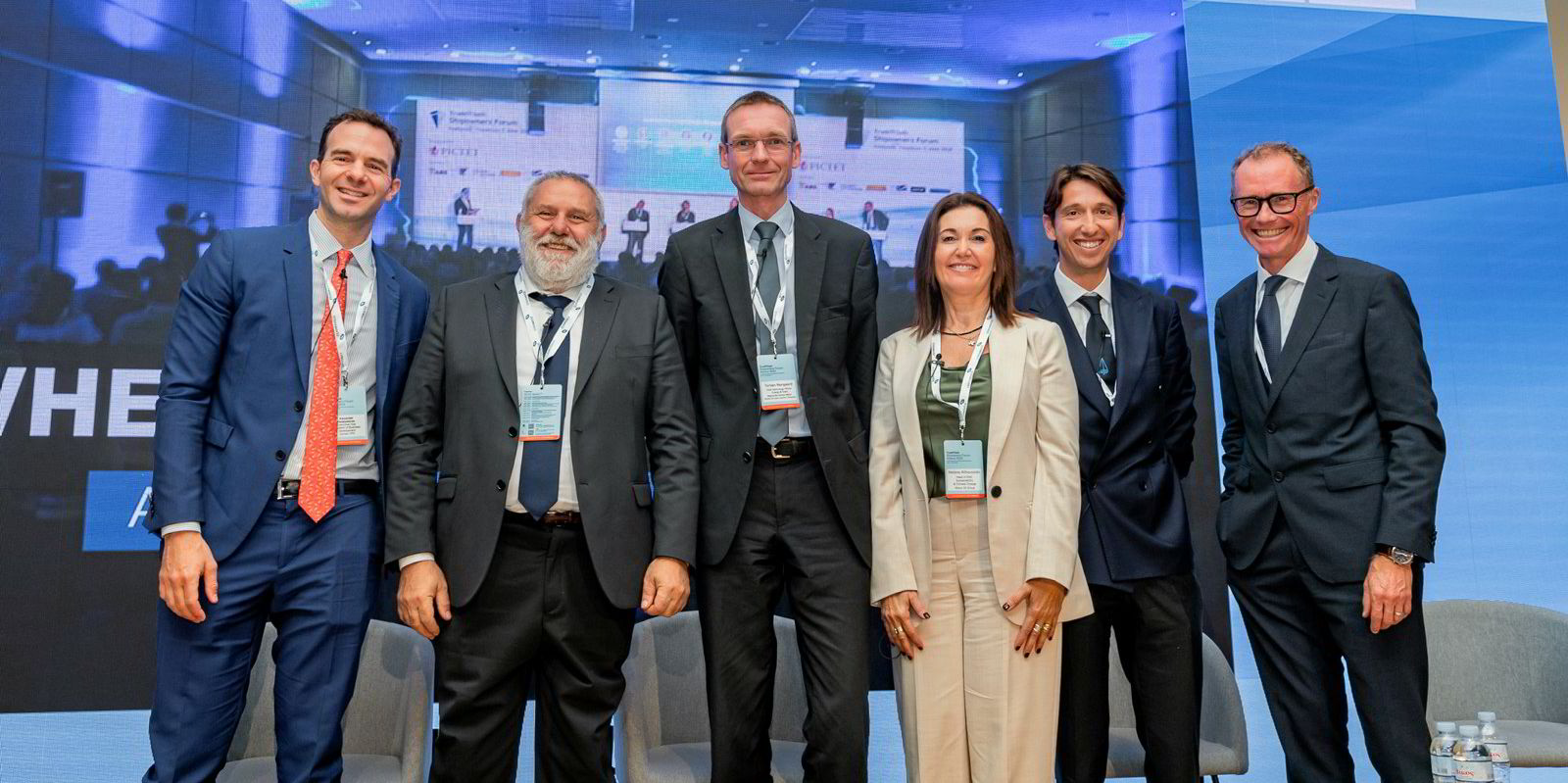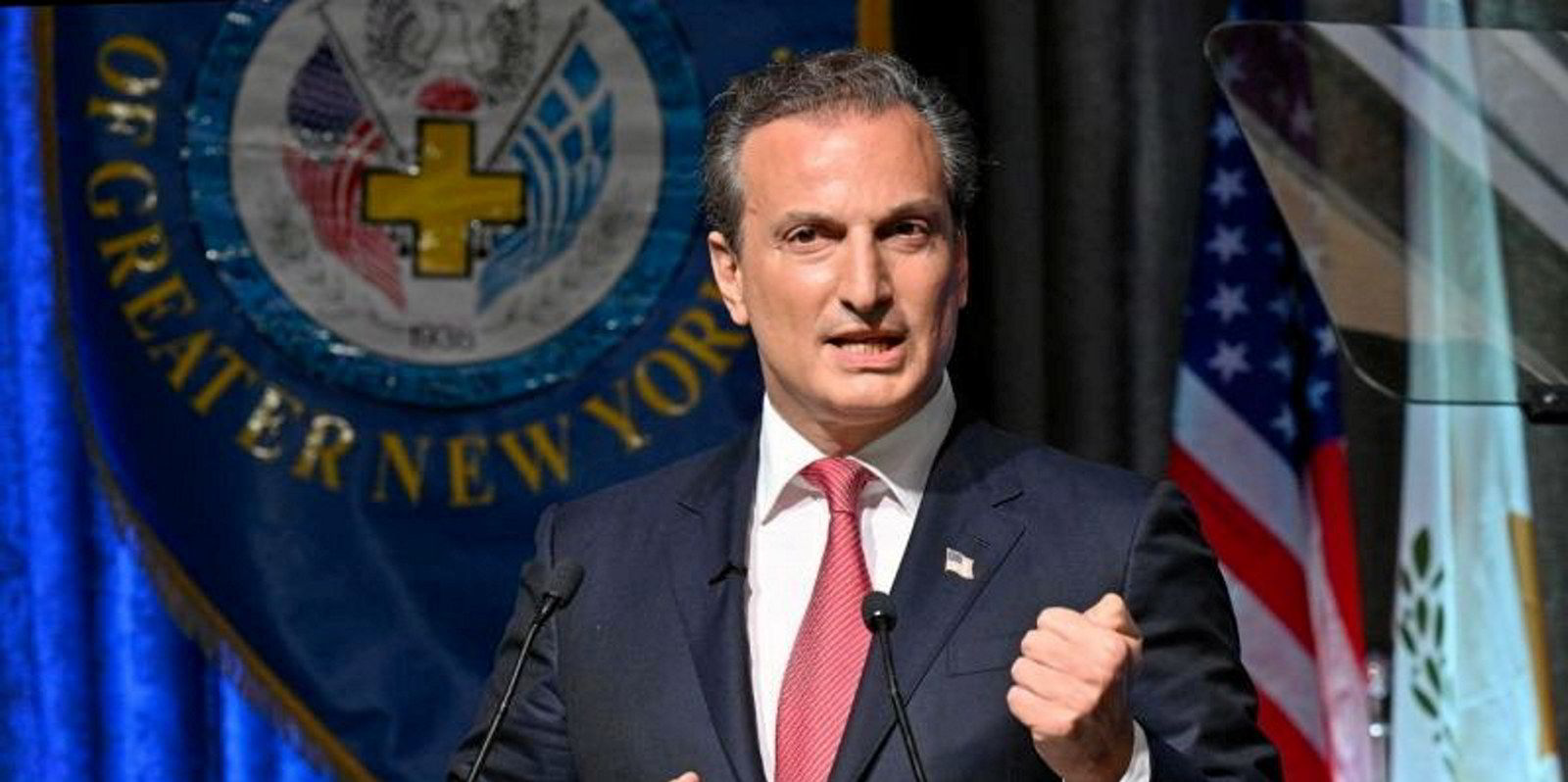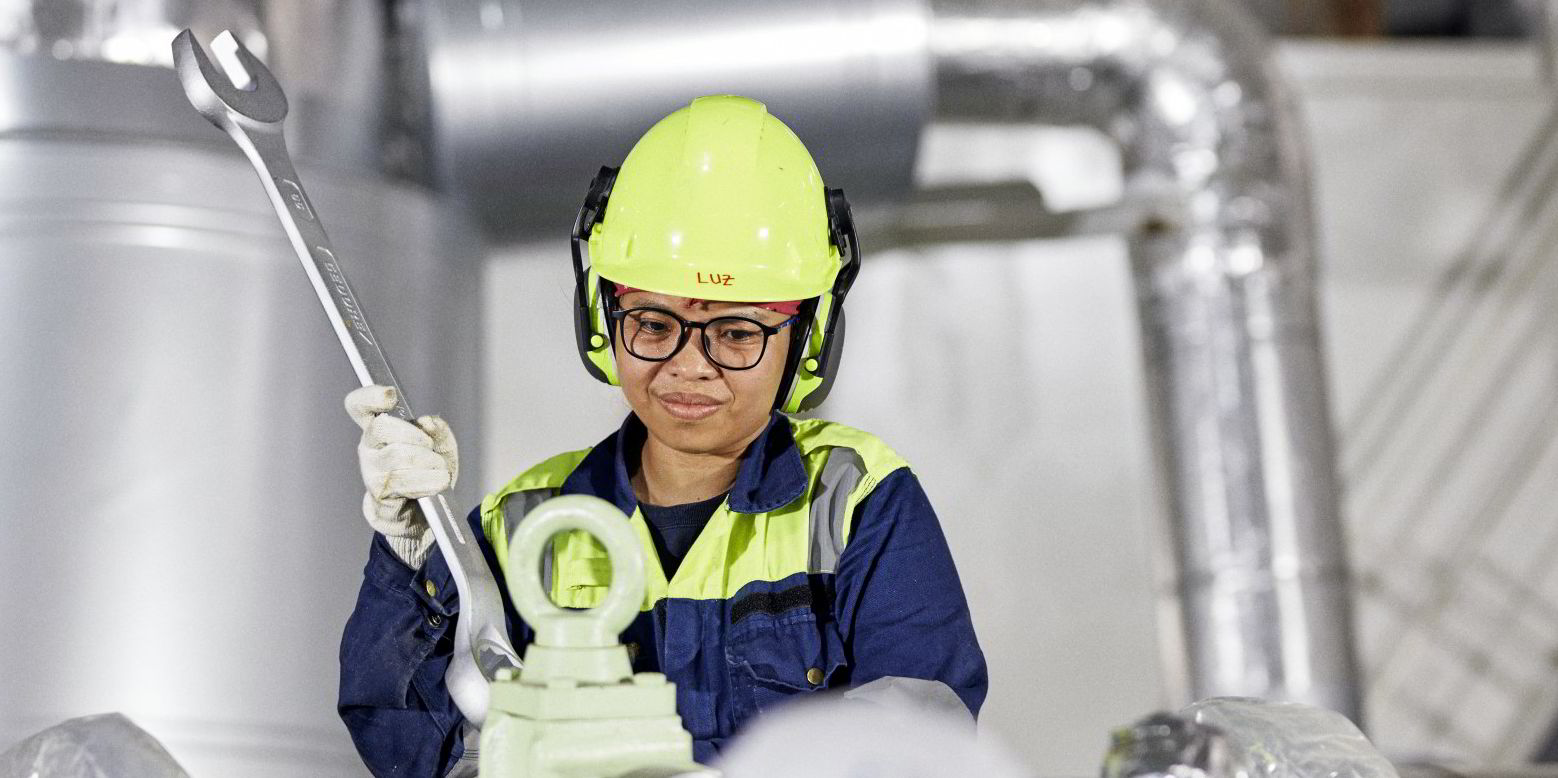The maritime business ought to pull all the stops to fulfil the decarbonisation tasks set by the International Maritime Organization — particularly the short-term ones.
That is the conclusion that several high-level players from across the shipping spectrum discussed at the TradeWinds Shipowners Forum in Athens.
“We need to get out of this conversation about it being a competition between fuels… it may very much look like a competition, but really it isn’t,” said Torben Norgaard, chief technology officer for energy and fuels at the Maersk Mc-Kinney Moller Center for Zero Carbon Shipping.
The reason is that none of the fuels usually bandied about as a one-way game-changing bet will help the industry achieve the immediately pressing IMO task of greener greenhouse gas emissions representing between 5% and 10% of shipping’s energy consumption by 2030.
“That is the real challenge here from the fuel perspective… none of the fuel pathways that we look at have the ability to supply 5% by 2030, let alone 10%,” Norgaard said.
Andrea Olivi, global head of wet freight at Trafigura, beat the same drum.
“We still have a lot to do,” Olivi said, pointing to the shortfall of current green fuel production compared with aspirations.
To meet the interim 2030 goal, current production of either green ammonia, green methanol or a combination of the two must increase sixfold from current levels to the required 30m to 33m tonnes per annum.
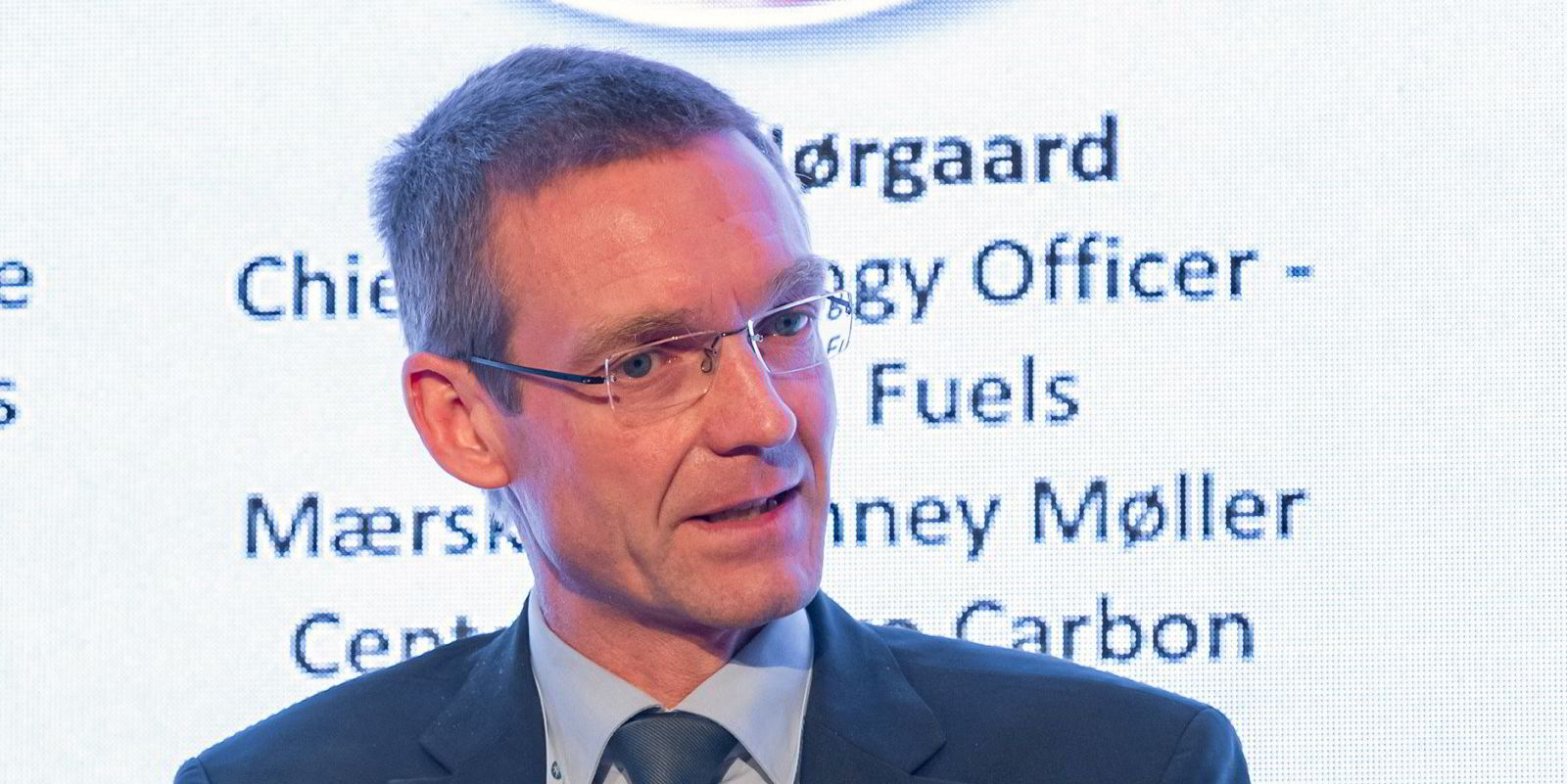
Even a company such as MSC Mediterranean Shipping Company, whose recent newbuilding orders for LNG dual-fuelled ships suggest it has made a one-way fuelling bet, is keeping its options open.
“In the long run, we are very flexible … because the type of energy that you might need on board may vary depending on the pattern of the ship,” said Claudio Abbate, MSC vice president for maritime policy and government affairs.
Another shipowner on the panel agreed that the IMO’s recently revised decarbonisation strategy has been a wake-up call.
“It has given us more of a sense of urgency,” Alexander Hadjipateras, senior executive vice president of US-listed Dorian LPG, said on the same panel.
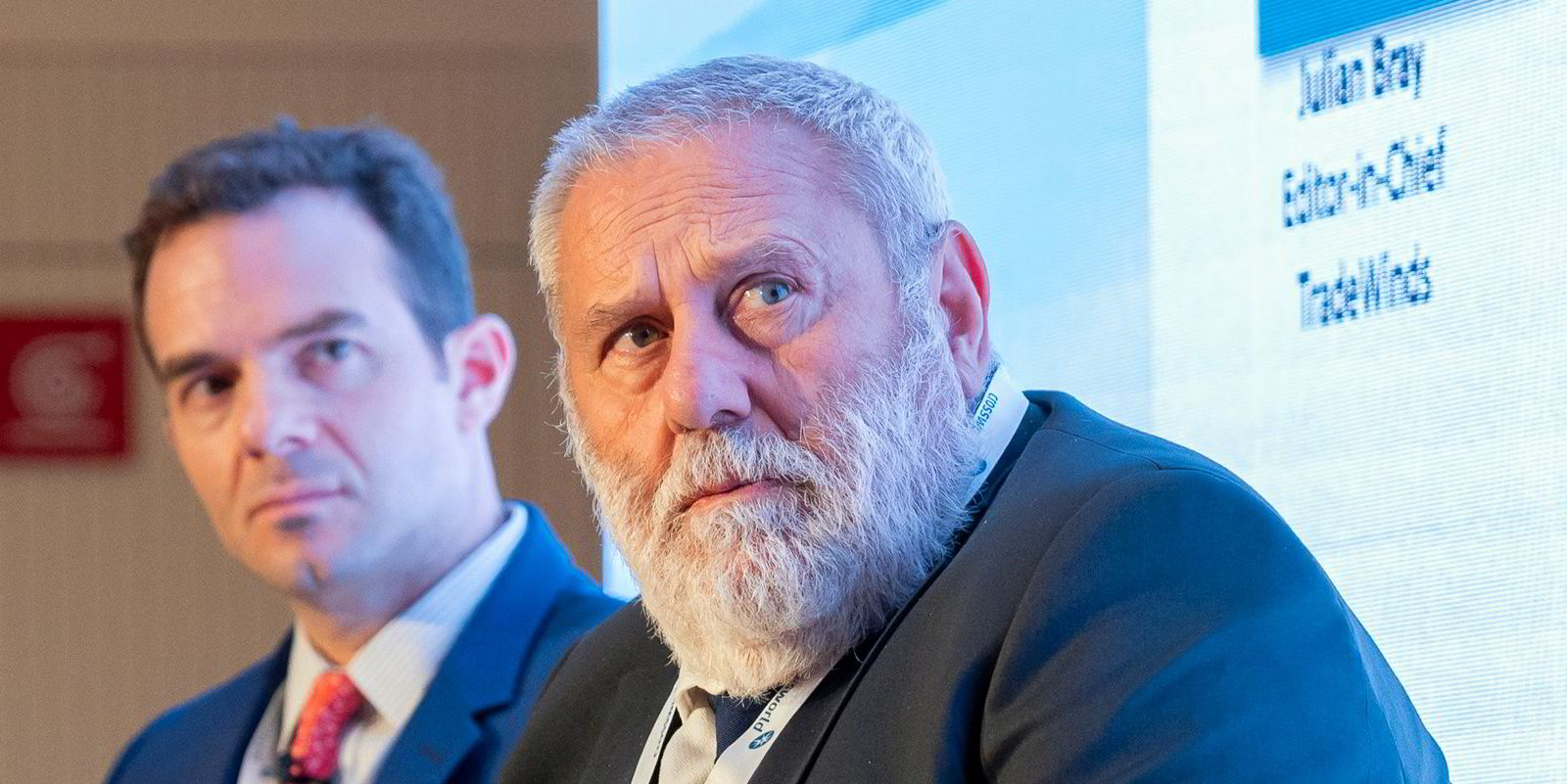
Recommending that the industry has “a little reality check”, Hadjipateras pointed out that most newbuildings ordered this year are incompatible with alternative fuels, such as methanol.
Panellists agreed that the missing piece in the action is investment rather than technology.
They said that end-consumers and taxpayers will have to foot much of the bill.
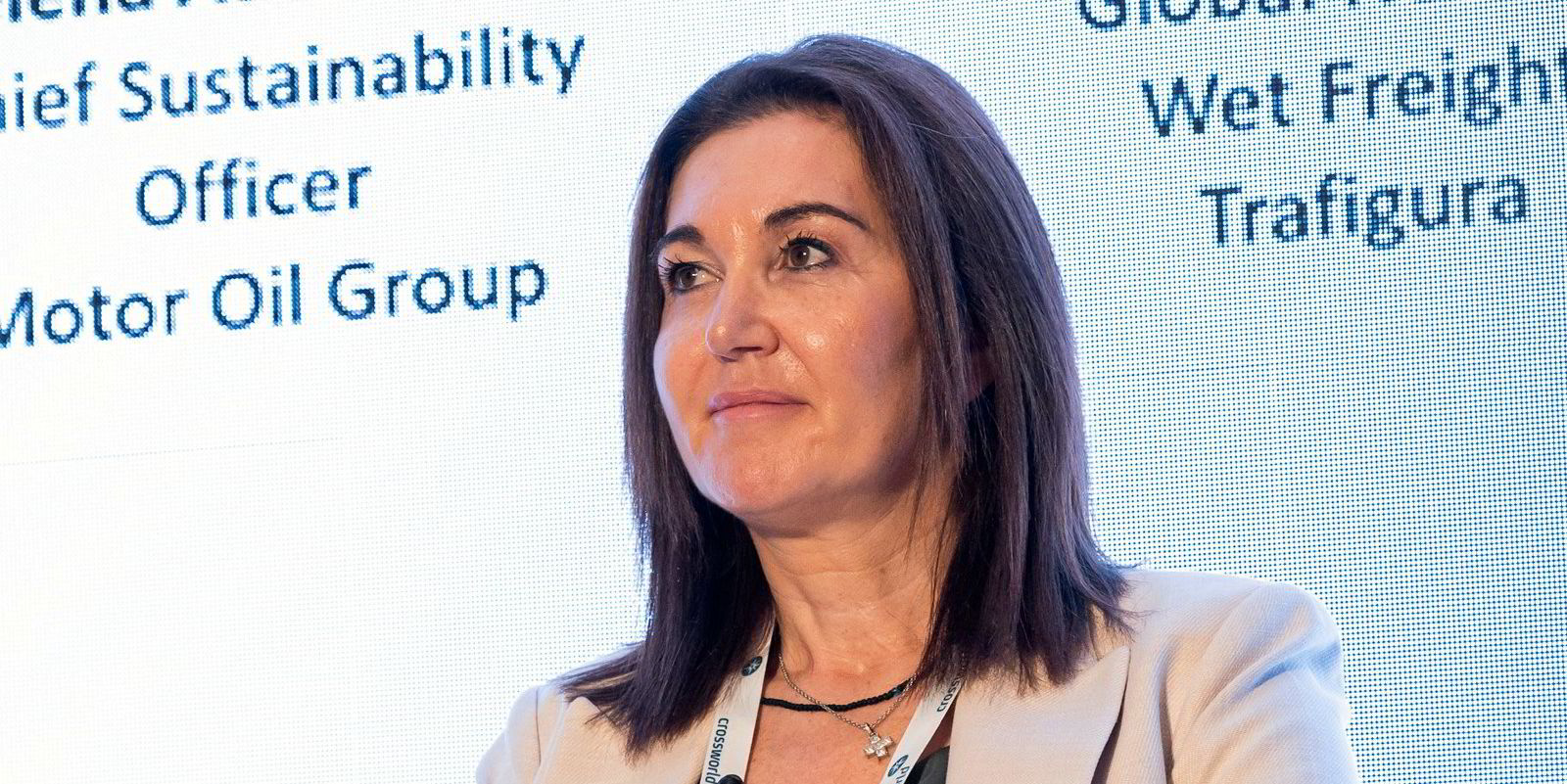
“To be honest, us refineries want to make certain investments, but we definitely need the help of the state,” said Helena Athoussaki, chief sustainability officer of Motor Oil — a Greek refiner affiliated with significant shipping company Avin International.
But there are other bottlenecks as well, which are often overlooked.
“It’s not the capex, even though it’s enormous,” said Norgaard.
“It’s actually getting it done… it’s access to engineering, to something as simple as arms and legs and brains,” he added.
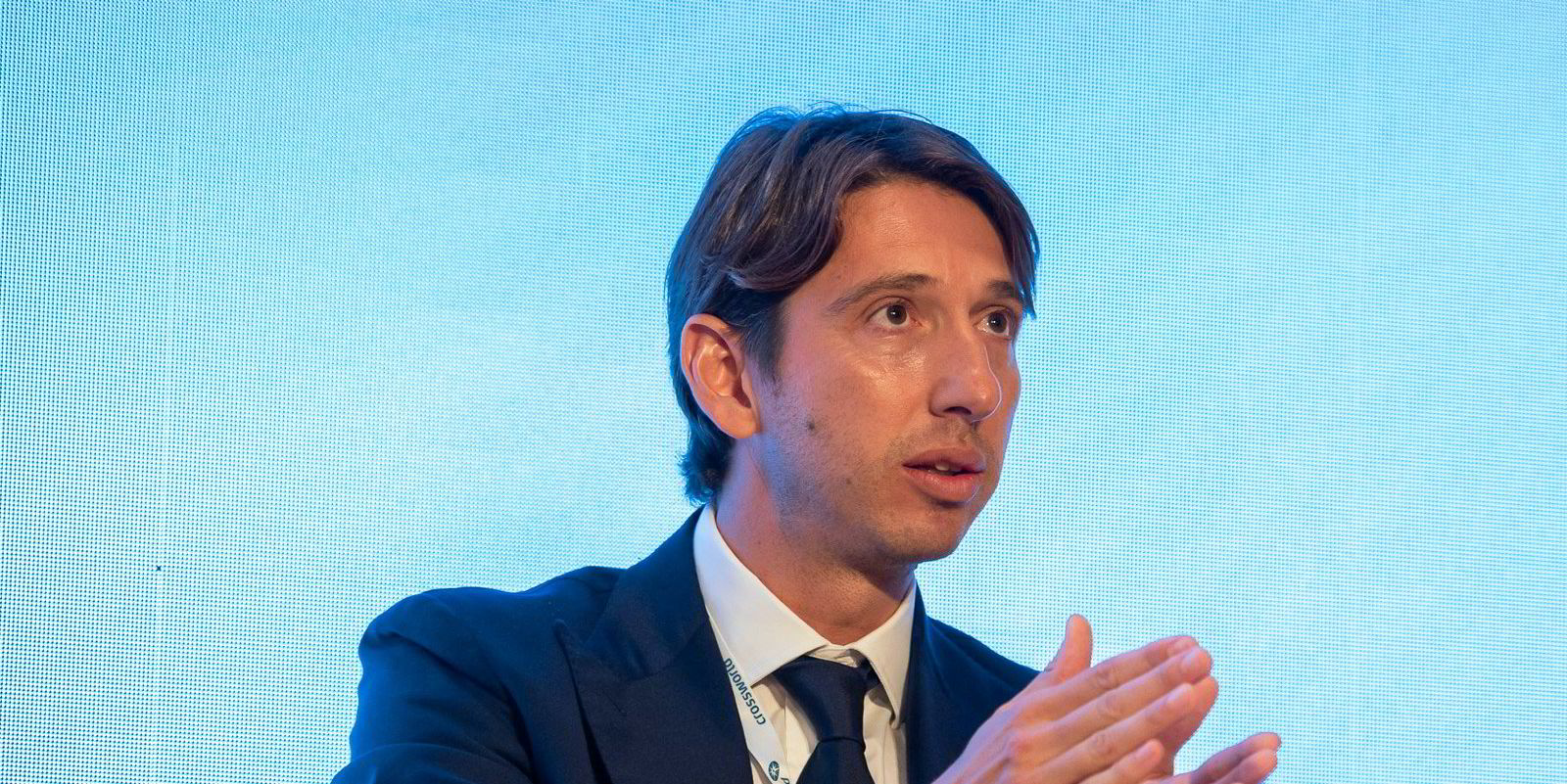
Norgaard warned that the world currently builds between two and four methanol and ammonia plants yearly.
“You’re going to need 50 by 2030,” he said.
According to Olivi, the average time to develop a low-carbon fuel project is three to five years.
“If we want to scale, we need to start immediately,” he said.
